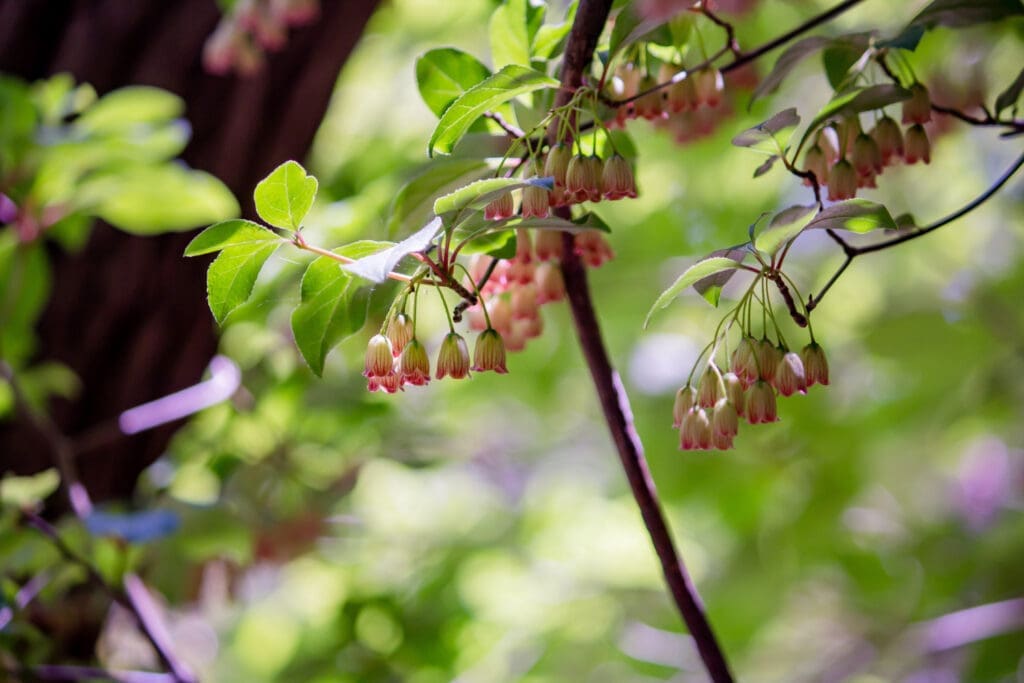
Sambucus nigra
Latin name: Sambucus nigra
Short name: Samb
Common name: Elder | Elderberry | European Elder | Black Elder | Sweet Elder
Primary miasm: Psoric Secondary miasm(s): Tubercular
Kingdom: Plants
Family: adoxaceae
- Symptomatology
- Remedy Information
- Differentiation & Application
Sambucus nigra is a deciduous shrub native to Europe, bearing small white flowers and deep purple-black berries. Its flowers and berries have long been used in herbal medicine for respiratory and febrile conditions. In homeopathy, the fresh leaves and flowers are potentised to yield a remedy especially active on the respiratory system, particularly in children. It has a powerful action on larynx, bronchi, and skin, often used in nightly asthma, laryngeal spasms, and suffocative coughs.
Widely used in herbal infusions and syrups for colds, influenza, and fever. Also used as a diaphoretic and mild laxative. Elderflower wine and elderberry jam are traditional in folk medicine.
Proved by Hahnemann. Symptoms confirmed especially in infants and children through clinical application.
- Respiratory system – larynx, bronchi, mucosa
- Skin – sweat glands, pores
- Throat – pharynx and larynx
- Nervous system – reflex irritation of vagus
- Infants and children – night suffocation, whooping cough, croup
- Muscles – asthenic weakness post-illness or fever
- Sitting upright
- Expelling mucus or phlegm
- Open air (mild cases)
- After urination
- After sweat breaks
- At night, especially after midnight (12–2 a.m.)
- Lying down, particularly on the back
- Warm rooms
- Sudden exposure to cold
- Suppressed perspiration
- Breastfeeding or crying (in infants)
- Spongia tosta – Dry, barking, croupy cough worse before midnight, but less about sweat or nasal blockage
- Hepar sulphuris – Later stages of croup, with yellow expectoration, extreme chilliness and sensitivity
- Aconitum napellus – Sudden onset croup after exposure to cold wind, but more fear and heat without sweat
- Antimonium tartaricum – Rattling chest with difficult expectoration, more weakness and cyanosis
- Ipecacuanha – Spasmodic cough with nausea and vomiting; less sweat and nasal blockage
- Drosera – Whooping cough remedy, but cough is deeper and more persistent through the day
- Complementary: Antimonium tart., Ipecacuanha
- Antidotes: Camphora, Nux vomica
- Follows well: Aconitum in early stages of croup or asthma
- Inimical: Spongia (in same acute phase—use with caution)
Sambucus nigra embodies the sudden, dramatic suffocative crisis of the sleeping child. It is the essence of night-time respiratory arrest, where breath fails at the very threshold of sleep, and panic reigns. The child, drenched in sweat, gasps awake, eyes wide in terror. The cough is dry, tight, unproductive, and painful. A remedy of spasm and obstruction, Sambucus stands out for those attacks that vanish by day and erupt like a storm at night, a ghost in the hours after midnight. It treats the fragile space between breath and no breath, often in infants, but also the elderly or frail.
- Ideal for night-time croup in children, where child wakes gasping or choking
- Useful in asthmatic attacks that occur during sleep
- Helps with nasal obstruction in infants, especially when it disrupts nursing or sleeping
- Use in early febrile stages of bronchitis or influenza, especially when sweat is suppressed
- A good acute intercurrent for recurrent nightly spasmodic coughs
Respiration
- Arrested, during sleep
- Difficult, worse lying
- Suffocation, night, waking from
- Asthma in children
Cough
- Dry, paroxysmal, night
- Spasmodic, suffocative
- Cough, wakes child from sleep
- Cough, with nasal obstruction
Skin
- Perspiration, night, profuse
- Sweat, cold, clammy
- Suppressed sweat, followed by chest symptoms
Mind
- Anxiety, on waking
- Fear of suffocation
- Restlessness at night
Generalities
- Worse, night
- Worse, lying down
- Better, sitting up
- Sudden onset
- Samuel Hahnemann – Materia Medica Pura: Original proving, focusing on respiratory symptoms and night aggravations
- C. Hering – Guiding Symptoms: Emphasis on sudden respiratory crises in children and sweat suppression
- J.H. Clarke – Dictionary of Practical Materia Medica: Expanded applications in croup, asthma, and infantile obstruction
- William Boericke – Pocket Manual: Practical indications for croup, night coughs, and profuse sweat
- T.F. Allen – Encyclopaedia of Pure Materia Medica: Original pathogenetic effects, respiratory and systemic
